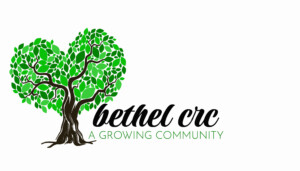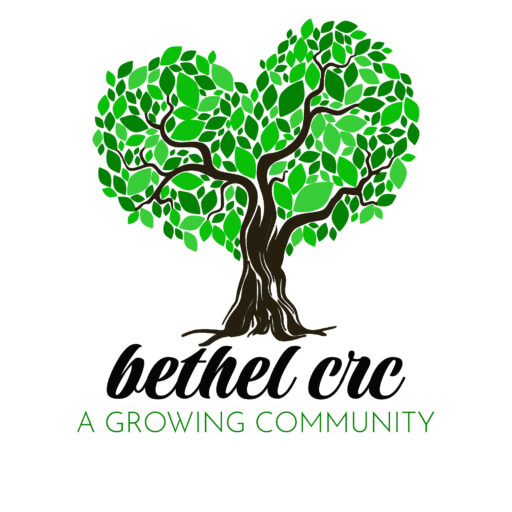Leadership Structure:
Our church governing body is a Council and an Executive.
The Council is comprised of the Elders & Deacons and meets once monthly to ratify executive council decisions. Elders and deacons then separate and meet after full council on the same evening.
The Executive is comprised of Chair and Vice-Chair of Executive (from the elders and deacons), the Pastors, a Chair and Vice-Chair of Elders, Chair and Vice-Chair of Deacons, and the clerk. The Executive meets once monthly, two weeks before the full council meeting.
Elders (from CRCNA.org) provide for the true preaching of the Word, instruction for faith formation for both youth and adults, regular celebration of the sacraments, and faithful counsel and discipline while keeping in confidence those matters entrusted to them. And they must promote fellowship and hospitality among believers, ensure good order in the church, and stimulate witness to all people.
Deacons (from CRCNA.org) serve by leading and equipping the church to minister to its members and the world in a rich diversity of ministries, awakening compassion, demonstrating mercy, seeking justice, and collaborating with God’s Spirit for the transformation of persons and communities. In imitation of Christ’s mercy, deacons teach us to love God, our neighbors, and the creation with acts of generous sharing, joyful hospitality, thoughtful care, and wise stewardship of all of God’s gifts. Deacons offer holistic responses that respect the dignity of all people, working to change exploitative structures and systems, equipping the church for ministries of reconciliation and peacemaking, and seeking opportunities for advocacy. To help them accomplish these tasks, deacons are to identify and develop gifts in both the church and community. By adding to all this words of encouragement and hope, deacons demonstrate in word and deed the care of the Lord himself.
The deacons and elders, together with the ministers, are responsible for the general administration of the church.
These tasks of elders and deacons call for believers who are Christ-like, who are mature in the faith, and who exercise their offices with prayer, patience, and humility.


